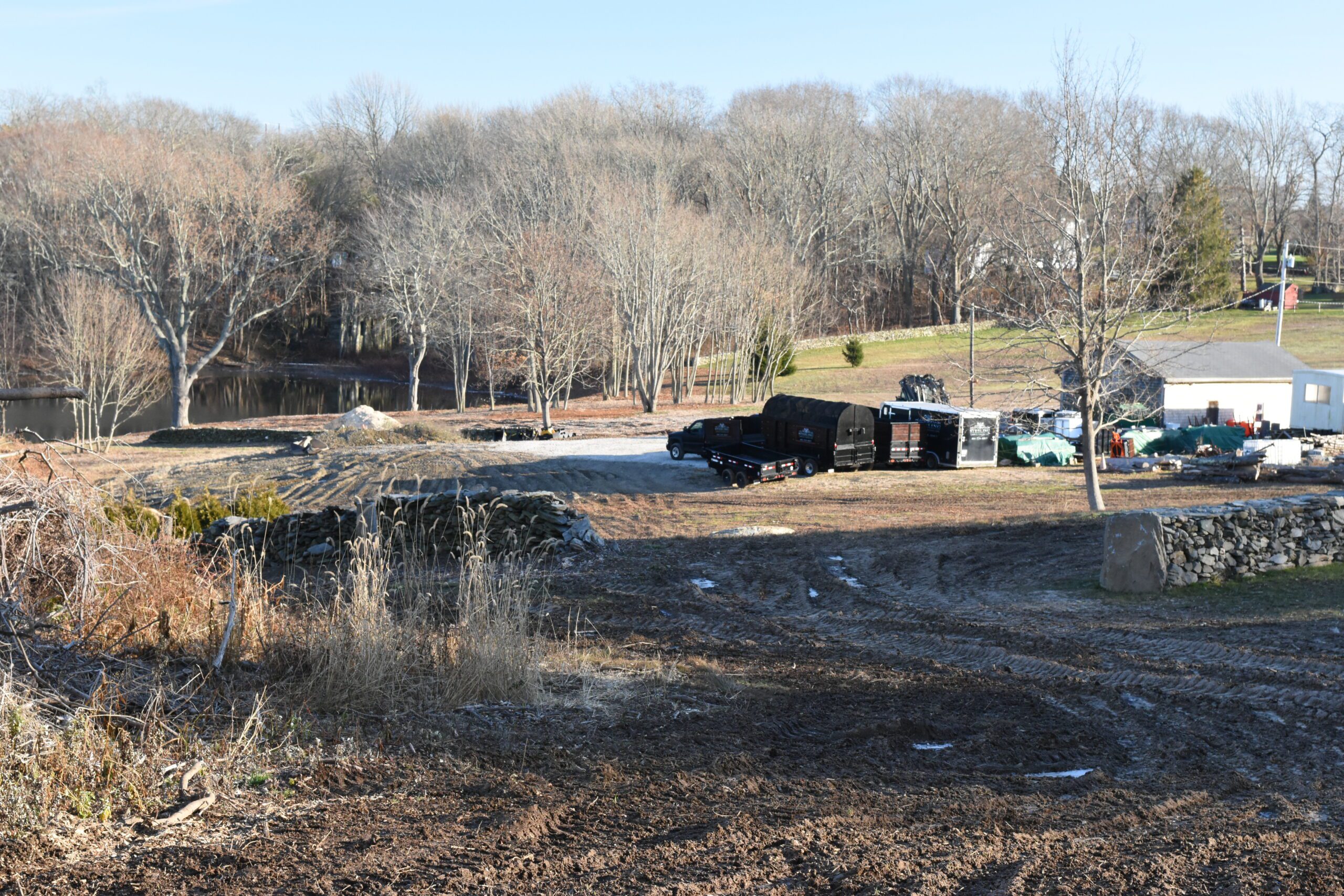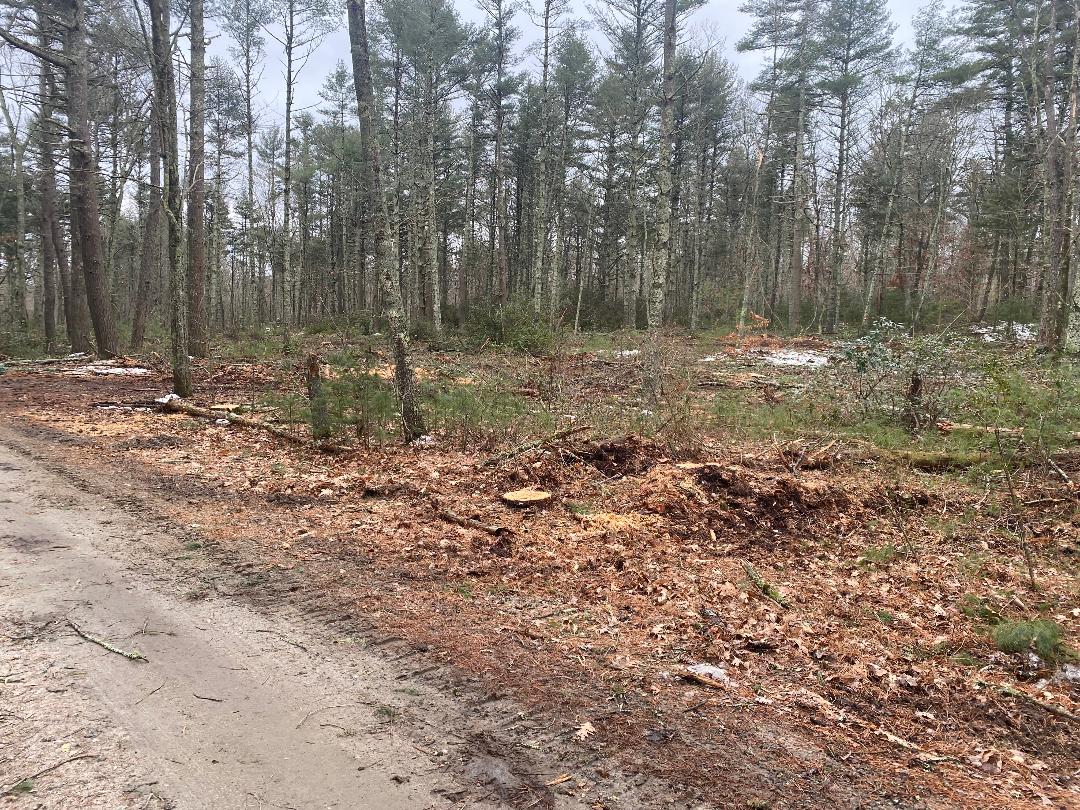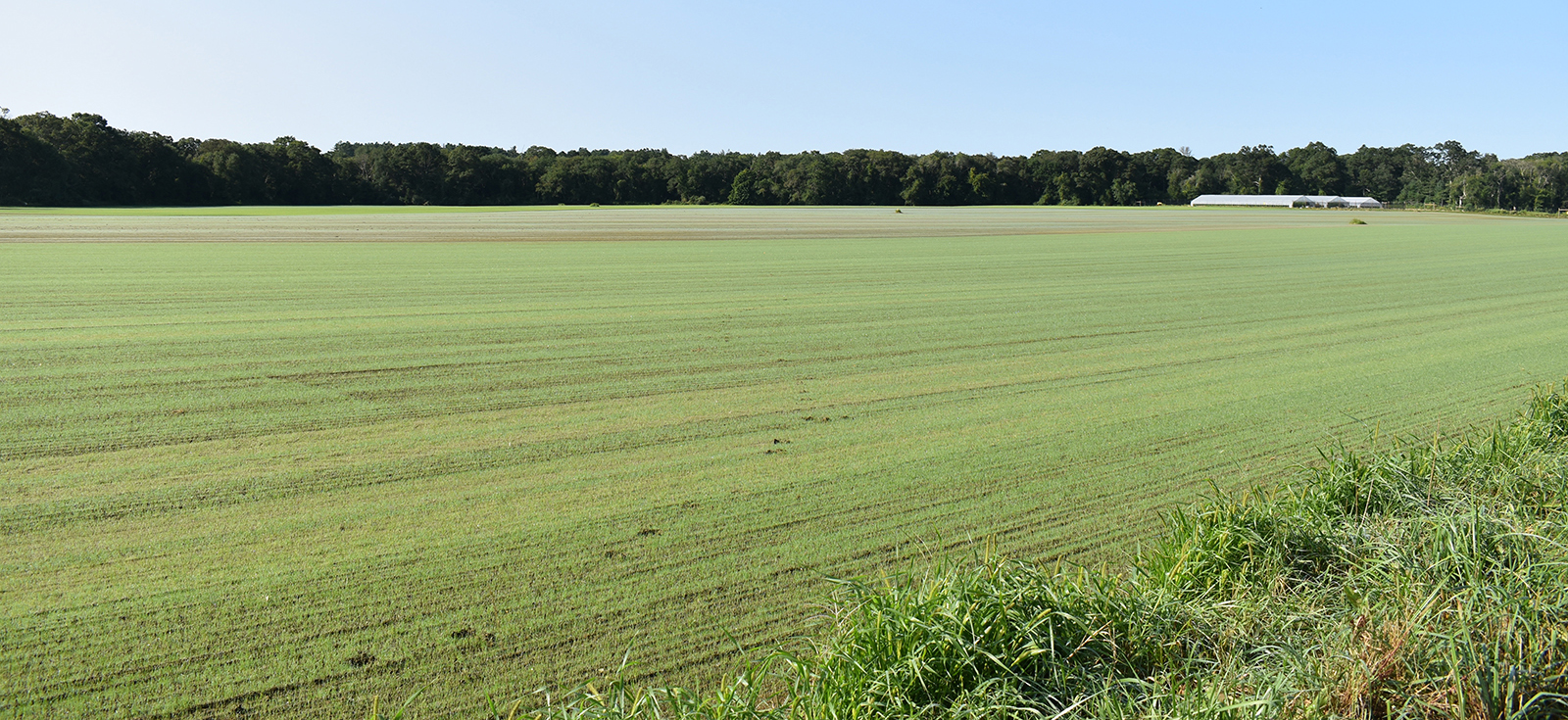Possible Development of URI Nature Campus Creates Worry
June 29, 2020
The University of Rhode Island abruptly closed its 2,300-acre nature campus, raising concerns that the property could be developed or sold to private owners.
The ecologically rich forest sanctuary in West Greenwich, R.I., is home to an environmental research and education center, summer camp, and an events center. The W. Alton Jones Campus includes a 75-acre lake, ponds, streams, trails, and a 19th-century farm.
The campus has hosted a broad range of programs and studies, such as a February school vacation camp, youth and college retreats, and studies in forest, wetland, and wildlife ecology.
In early June, URI announced it was closing the camps and public activities at the campus in response to the coronavirus health crisis. Due to ongoing financial losses, the future of the property is in doubt, according to URI officials.
“The Whispering Pines Conference Center and the Environmental Education Center on the W. Alton Jones Campus of the University of Rhode Island have been struggling financially for several years,” according to a June 10 URI statement. “The decision to close them in early July comes after many efforts by the university to improve the financial situation.”
The conference center, which hosted large private events, stopped holding weddings a few years ago because they were unprofitable, according to the university. There was no mention in the statement about the financial impact of camps and school field trips. Seventeen staff members are currently employed at the Alton Jones Campus. A maintenance crew will stay on while other employees will be placed in available positions at the university.
The campus, however, will remain open for research projects and fieldwork for the school’s environmental science classes. In the past, URI faculty and students have conducted research on wildflowers, salamanders, pond health, fish populations, white-tailed deer, and erosion control.
URI hasn’t pledged to protect the property, only saying there are no immediate plans to sell it.
This uncertainty has fueled efforts to keep the property from private ownership and perhaps future development.
An online petition urging URI president David Dooley and Gov. Gina Raimondo to reopen the camp and education programs has collected more than 5,000 signatures.
A letter posted on the petition from Abigail Rider, URI’s vice president of administration and finance, said, “I want to reassure you that the university did not permanently close the campus, and there are no current discussions about selling the property.”
The cost to make the camp safe for up to 1,900 campers and counselors this summer led to the closure of the conference center and education programs, although the closures appear to extend well beyond the next few months.
“It is with great sadness that the university made the decision to discontinue operations at the Environmental Education Center and Whispering Pines Conference Center,” Rider said. “We regret that for reasons beyond our control — or anyone’s — we will not be able to provide this experience for our communities.”
The petition’s creator, Kathryn Pope, replied, “We will not take this as an answer. We appreciate that research will continue to happen, but for so many people, the environmental education aspect is crucial.”
During a June 25 URI board of trustees meeting, Rider spoke of new buildings and renovations to properties at the main campus in Kingston, but she made no mention of the Alton Jones Campus. Rider noted that the university’s real-estate decisions must first be approved by the board of trustees then sanctioned by the State Properties Committee.
What’s known, so far, about the property is that although it was gifted to URI in the early 1960s, it’s not legally protected from sale.
Rupert Friday, executive director of the Rhode Island Land Trust Council, said the Alton Jones Campus is one of the top large parcels in the state in need of protection. Land surrounding the Scituate Reservoir and land next to Mount Hope Farm in Bristol, he said, are others.
“Everybody thinks these places are protected but they are not,” Friday said. “They are at risk.”
Lawrence Taft, executive director of the Audubon Society of Rhode Island, worked and lived at the Alton Jones Environmental Education Center soon after graduating from college.
“It’s not something we should take for granted,” Taft said.
The Audubon Society considers the property a key part of the coastal forest and wildlife corridor that runs from Washington, D.C., to Maine. The land links two protected areas in Rhode Island: the 2,200-acre Tillinghast Pond Management Area in West Greenwich and the 14,000-acre Arcadia Management Area in West Greenwich and three other towns.
The Audubon Society, The Nature Conservancy, and Save The Bay are planning to send a letter to Dooley saying that the Alton Jones land is valuable ecologically and a place where important research is conducted.
“We are just using this letter as an opportunity to say a lot of people are concerned about this and ask what we can do to help,” Taft said.
A Rhode Island arborist started an online campaign to create the Friends of W. Alton Jones volunteer group. He also posted a video about the importance of the Alton Jones Campus forest.
“Thousands of Rhode Islanders and folks from around the world have magical memories from this sacred site,” Matthew Largess said. “We need to ensure that others have the same opportunity.”




Losing this property to development would be a sad, sad chapter in the environmental health of RI and all our people. This property needs to remain as wild as possible.
We live right next to Alton Jones, we moved here because of the land and nature in the area. The animals and wild life are already being squeezed out from all the new homes being build. Please leave some things as is this is such a beautiful special place for young and old alike. Someday you may be sorry for losing such a place.
When we first moved to West Greenwich, I read a lot of books on the area, including the history of West Greenwich and Alton Jones, as we lived so close by. I read how the Jones family had purchased the property from the Loutitts who sold their farm after a child had drowned in the pond, how W. Alton Jones loves the outdoors entertaining the King of Nepal, and President Eisenhower among others, and lastly how his heirs donated the land that is now a campus in his name so that it would continue to be enjoyed as a natural retreat. The land was gifted not intending to be developed, but to remain natural.
Now that we will have an administration that takes climate change seriously, I think big businesses will look to be buying “ carbon credits” from areas such as these…..essentially paying for places such as these to remain AS IS. There was a national geographic article about this regarding the Alaskan tongrass forest. Areas such as these can be classified as “ carbon sinks” so if they can hang on, perhaps there is a do able solution. Another thought…..can the cabins be rented when not used by schools, camps etc for eco vacations? Is there a small area that can be used for a small farm and eco friendly restaurant ? Just ideas on how to generate enough income to keep it going without turning it into condos etc.